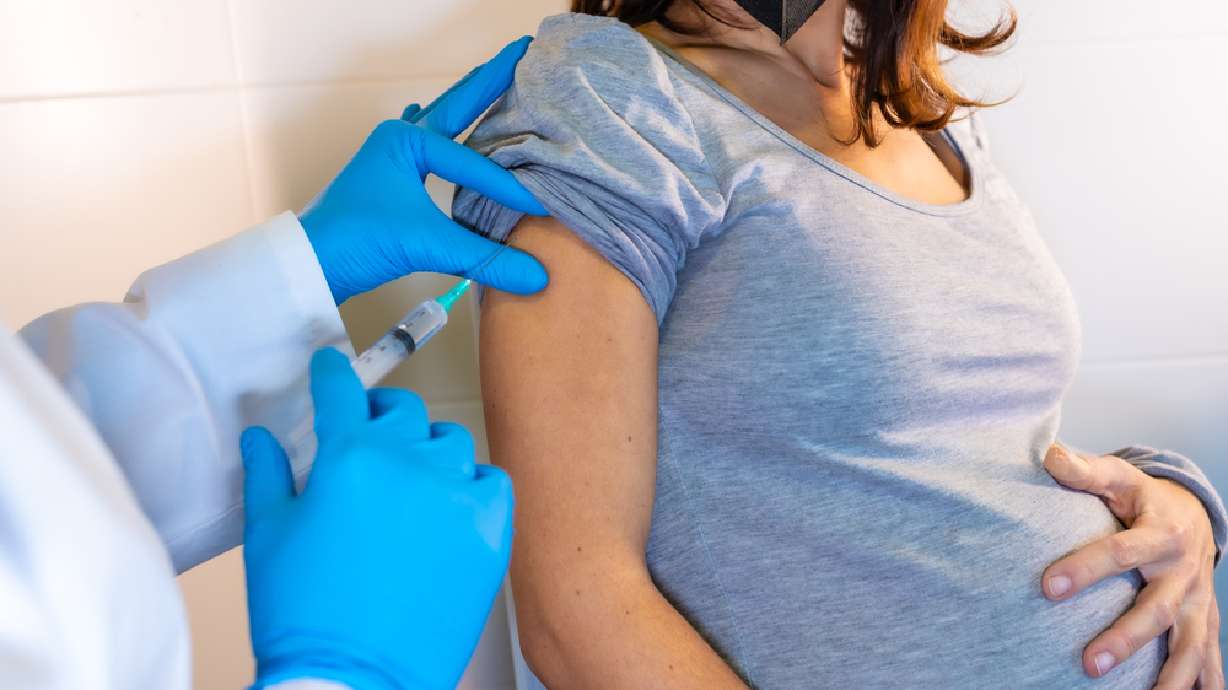Estimated read time: 2-3 minutes
This archived news story is available only for your personal, non-commercial use. Information in the story may be outdated or superseded by additional information. Reading or replaying the story in its archived form does not constitute a republication of the story.
SALT LAKE CITY — Vaccines are the greatest hope for ending the coronavirus pandemic and returning to normal. However, even as the global infection numbers reached their worst week ever in mid-April, the U.S. and Utah's vaccination numbers are beginning to slow.
The Utah Department of Health confirmed on May 4 that 41.2% of all Utahns — including those under 16 years old who are not eligible at this time — have received at least one COVID-19 vaccine dose, with 55.5% of those eligible having already rolled up their sleeves. While the early rollout was a complicated web of health care providers and pharmacies that left many confused and scrambling for shots, many appointments are now going unfilled. The state has since announced free walk-in mass vaccination clinics at places like the Salt Palace Convention Center, workplaces and college campuses.
According to data from the Department of Health and Human Services as reported by the New York Times, between 75-80% of residents in most counties in Utah said they would "definitely" or "probably" receive the COVID-19 vaccine. In Davis and Washington counties, the two outliers, over 91% of residents stated that they would "definitely" or "probably" receive the vaccine.
The gaps between the expectation and reality present questions.
Gov. Spencer Cox has noted that briefly suspending the Johnson & Johnson vaccine over adverse reactions in less than one in a million recipients has made reaching rural Utahns and college students leaving campus for the summer more difficult. The suspension has also correlated with decreased shots given by all manufacturers in the U.S.
An estimated 30% of the U.S. population overall is reluctant to be vaccinated, and children under the age of 16 are ineligible for the vaccine until FDA approval is granted — a benchmark the Pfizer vaccine is expected to meet next week for ages 12 and older. Hesitancy and ineligibility have led some experts to believe that herd immunity against COVID-19 will never be reached in the U.S., and instead aim toward maintaining low infection rates and ensuring the symptoms are mild for those who catch it. Other health experts say such a goal is risky when new variants increase viral transmission and may break through the vaccine's protection.
If you haven't received your COVID-19 vaccine — whether from not being able to find an appointment, not believing the vaccine is necessary or effective, not being eligible, waiting for more information, or any other reason — KSL.com wants to hear from you.










